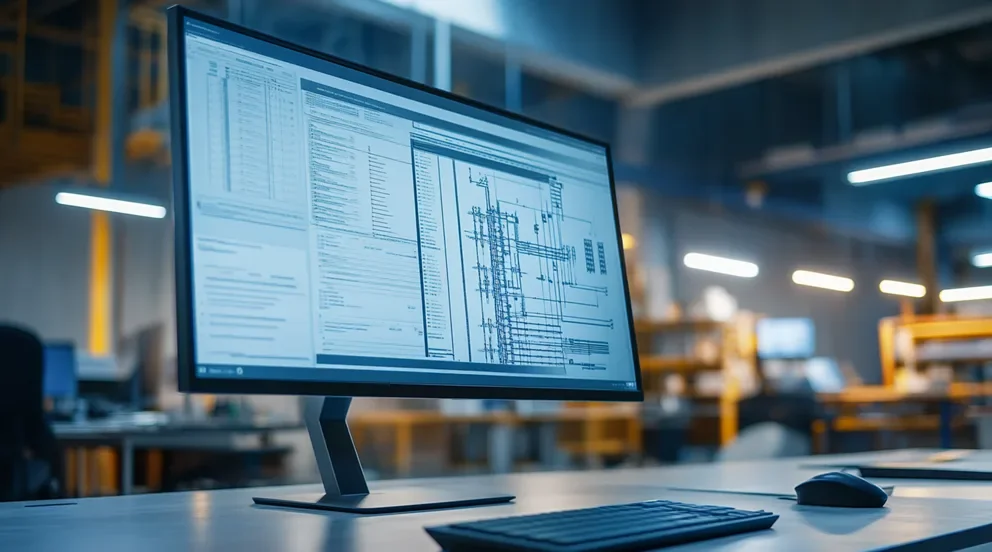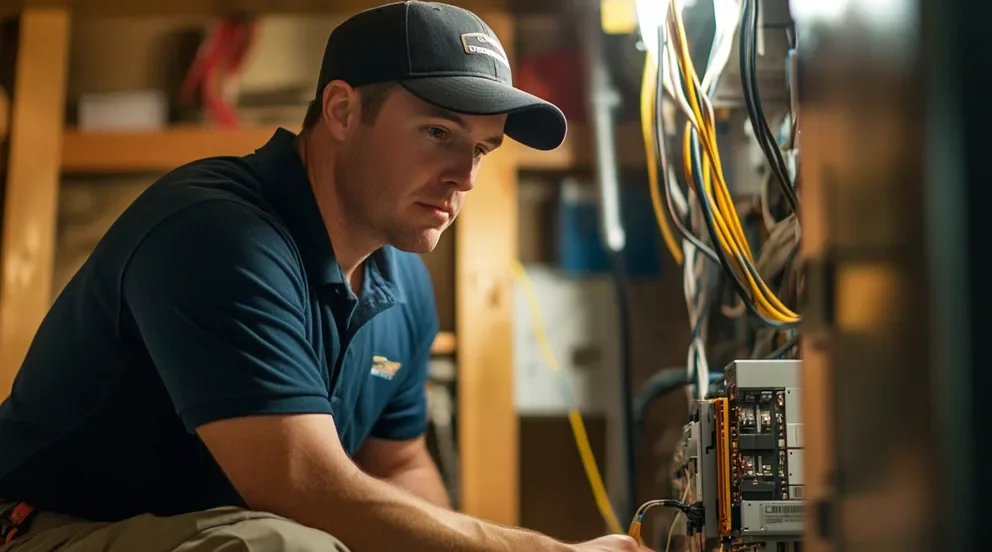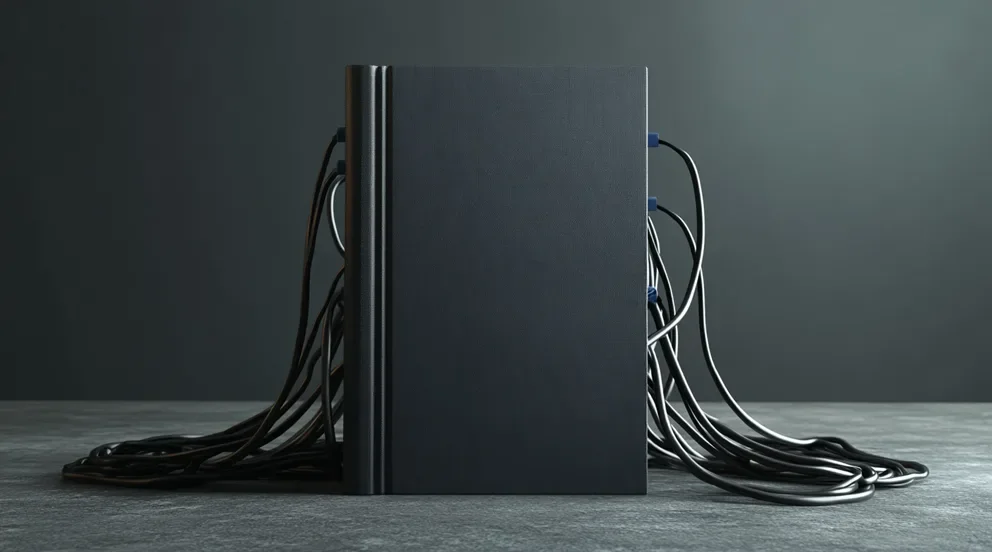A commercial kitchen refrigerator is a crucial piece of equipment for food safety and refrigeration for kitchen operations. Proper maintenance is critical to ensure it performs optimally and prolongs its lifespan which is why regular upkeep is important. Here are some tips for commercial kitchen refrigerators:
1. Make sure the seal is in good condition. A worn or damaged refrigerator door seal allows unnecessary warm air to enter the interior, resulting in food spoiling faster.
2. Ensure the unit is level. A refrigerator that is not level will have an imbalanced condenser fan, leading to the compressor working harder than necessary.
3. Clean and defrost the condenser coils regularly. Dirty condenser coils prevent the unit from cooling efficiently and can lead to refrigerant leaks.
4. Clean the interior of the refrigerator. Removing food waste and debris will reduce the chance of bacteria infestation and help it run more efficiently.
5. Check the door for damage. A damaged door can lead to energy inefficiency and spoilage of food items inside.
6. Make sure the temperature is under control. Maintaining the temperature as recommended in the user manual will preserve the food stored inside and prevent bacterial growth.
It is also important to consult a professional to ensure the unit is functioning properly. Following these simple tips can help commercial kitchen refrigerators to operate optimally and prolong its lifespan.
Understanding the Need for Regular Maintenance
Regular maintenance is essential for any commercial kitchen refrigerator to run properly and remain in optimal condition. By taking preventative measures and regularly maintaining a commercial kitchen refrigerator, food safety and freshness are preserved, and the life-span of the appliance is extended. Here are the top tips to ensure regular maintenance:
1. Check the door seal for damage. A worn or damaged seal will allow warm air to enter, and cause food to spoil quickly.
2. Ensure the unit is level. An out-of-level refrigerator can cause an inconsistent flow of air and make the compressor work harder.
3. Clean and defrost the condenser coils. Dirty coils can impede cooling and sometimes cause refrigerant leaks.
4. Regularly clean the refrigerator interior. Removing food waste and debris will prevent bacteria from growing and help the unit run more efficiently.
5. Inspect the refrigerator door for damage. A broken door can increase energy waste and cause food inside to go bad.
6. Monitor the storage temperature. Keeping the refrigerator temperature at the recommended level will preserve the food stored and avoid bacterial growth.
When maintaining a commercial kitchen refrigerator, it is also important to have a professional inspect it to guarantee continued functionality. Following these tips will ensure a commercial kitchen refrigerator runs efficiently and extends its lifespan.
Tips for Checking If Your Commercial Kitchen Refrigerator is Working Properly
It is important for the proper functioning of any commercial kitchen refrigerator to ensure regular maintenance. Here are some tips to check if your unit is working properly:
1. Check that the door seal is undamaged. Damaged seals allow warm air to enter the interior, leading to food spoilage.
2. Ensure that the unit is level. An imbalanced condenser fan will cause the compressor to work harder than necessary.
3. Ensure that the condenser coils are clean and defrosted regularly. Dirty coils will prevent efficient cooling and lead to refrigerant leaks.
4. Clean the interior of the refrigerator regularly. Removing food debris will help avoid bacterial growth and make the unit more efficient.
5. Inspect the door for damage. A broken door leads to energy inefficiency and food spoilage.
6. Install a thermostat and monitor the temperature. Keeping the temperature at the recommended level will preserve food and guard against bacterial growth.
It is also essential to bring in a professional to perform a check-up and guarantee that your commercial kitchen refrigerator is functioning correctly. Following these tips will ensure proper maintenance of your unit and an extended life span.
Regularly Scheduling Maintenance for Your Commercial Kitchen Refrigerator
Regular maintenance is essential for any commercial kitchen refrigerator to work properly and stay in optimal condition. Scheduling regular maintenance is important to preserve food safety and freshness, and to extend its lifespan. Here are some tips for regularly scheduled maintenance:
1. Check the door seal for damage. A worn or damaged seal will allow excess warm air to enter the interior, causing food to spoil faster.
2. Ensure the unit is level. An uneven refrigerator can cause an imbalanced condenser fan, making the compressor work harder than necessary.
3. Clean and defrost the condenser coils regularly. Dirty coils impede cooling and can cause refrigerant leaks.
4. Clean the interior of the refrigerator. Getting rid of food waste and debris will reduce bacteria infestation and help it run more efficiently.
5. Look for potential damage on the door. A damaged door increases energy waste and causes food spoilage.
6. Monitor and adjust the temperature. Keeping the temperature at the recommended level in the user manual will prevent bacterial growth.
It is important to consult a professional to guarantee the unit is running properly. Following these tips will help you keep your commercial kitchen refrigerator in good condition and extend its lifespan.
Maintaining a Stable Temperature in Your Commercial Kitchen Refrigerator
Maintaining a stable temperature in your commercial kitchen refrigerator is critical to preserving food safety and freshness, as well as prolonging the life of the machine. Here are some tips to ensure your unit runs efficiently and remains in the best condition:
1. Check the seal on the door for signs of damage. A worn or broken seal allows warm air to enter the interior, causing food to spoil quickly.
2. Ensure the refrigerator is level. An imbalanced condenser fan causes the compressor to work harder than necessary.
3. Clean and defrost the condenser coils regularly. Dirty coils impede cooling and can lead to refrigerant leaks.
4. Clean the interior of the refrigerator regularly. Getting rid of food waste and debris will help prevent bacteria growth and improve efficiency.
5. Monitor the door for potential damage. A broken door leads to energy waste and causes food spoilage.
6. Install a thermostat and monitor the temperature. Keeping the temperature at the recommended level will help preserve food and prevent bacterial growth.
It is also important to consult a professional to guarantee the proper functioning of the unit. Following these tips will help maintain the temperature in your commercial kitchen refrigerator and extend its lifespan.
Ensuring Your Commercial Kitchen Refrigerator Is Energy Efficient
Commercial kitchen refrigerators are crucial for ensuring food safety and freshness. Energy-efficient refrigerators will help keep food preserved and safe, while also reducing running costs. Here are some tips to ensure the energy efficiency of your commercial kitchen refrigerator:
1. Check the door seal for signs of damage. A worn or damaged seal will allow excess warm air to enter the interior, leading to energy wastage and food spoilage.
2. Maintain the unit’s level surface. An imbalanced condenser fan will cause the compressor to work harder than necessary.
3. Clean and defrost the condenser coils regularly. Dirty coils impede cooling, resulting in the compressor working overtime.
4. Remove food waste and debris from the interior. This will prevent bacteria from growing and help the unit run more efficiently.
5. Inspect the door for potential damage. Damaged doors allow warm air to enter, causing energy waste and food spoilage.
6. Install a thermostat and monitor the temperature. Keeping the refrigerator temperature at the recommended level will preserve food and guard against bacterial growth.
It is also important to consult a professional to guarantee the appliance is working properly. Following these tips will ensure your commercial kitchen refrigerator runs efficiently and saves energy.
Creating a Checklist for Maintenance
Creating a checklist for regular maintenance of a commercial kitchen refrigerator is essential for its proper functioning. Here are some tips to create a checklist for regular upkeep:
1. Ensure the seal on the door is in good condition. A worn or damaged seal will allow warm air to enter the interior, leading to food spoilage.
2. Check that the unit is level. An imbalanced condenser fan causes the compressor to work harder than necessary.
3. Clean and defrost the condenser coils regularly. Dirty coils stop efficient cooling and can lead to refrigerant leaks.
4. Clean the interior of the refrigerator. Getting rid of food and debris will reduce the chance of bacteria growth and make the unit more efficient.
5. Monitor the door for signs of damage. A broken door increases energy waste and causes food spoilage.
6. Install a thermostat and monitor the temperature. Keeping the temperature at the recommended level will preserve food and guard against bacterial growth.
It is advised to consult a professional to make sure the unit is running properly. By creating such a checklist, you will be able to ensure proper maintenance of a commercial kitchen refrigerator and extend its lifespan.
Knowing When It Is Time for Professional Maintenance of Your Commercial Kitchen Refrigerator
Regular maintenance of a commercial kitchen refrigerator is essential for its proper functioning and prolonged lifespan. Knowing when it is time for professional maintenance of your unit is key to ensuring optimal performance. Here are some tips for determining when professional maintenance is needed:
1. Check the door seal for any damage. Worn or damaged seals allow warm air to enter, causing food to spoil quickly.
2. Ensure the refrigerator is level. Uneven units can cause an imbalanced condenser fan, leading to the compressor working harder than necessary.
3. Clean and defrost the condenser coils. Dirty coils impede cooling and sometimes lead to refrigerant leaks.
4. Clean the interior of the refrigerator. Removing food debris and waste helps avoid bacteria growth and makes the unit more efficient.
5. Inspect the door for any potential damage. Damaged doors cause energy waste and food spoilage.
6. Monitor and adjust the temperature. Keeping the recommended temperature level will preserve food stored and prevent bacterial growth.
It is important to consult a professional to guarantee proper functioning of the unit. Knowing when maintenance is necessary and following these tips will help maintain your commercial kitchen refrigerator and prolong its lifespan.
Key Takeaways
Regular maintenance is critical to keep a commercial kitchen refrigerator running efficiently and to prolong its lifespan. Knowing when to schedule professional maintenance and consulting a professional will guarantee the unit is functioning properly. Following these tips will ensure that food safety and freshness are preserved, energy efficiency is increased, and the life of the unit is extended.



